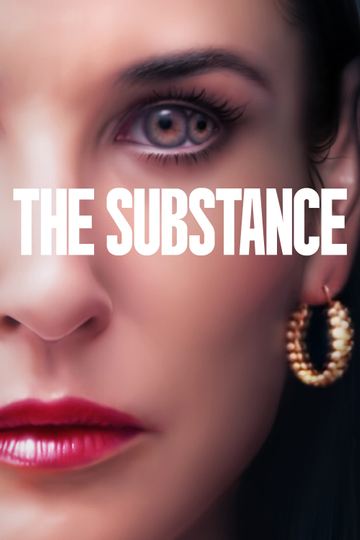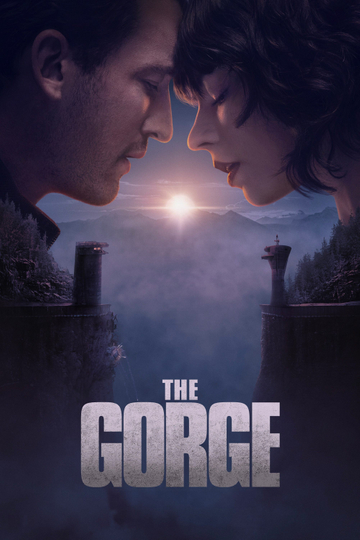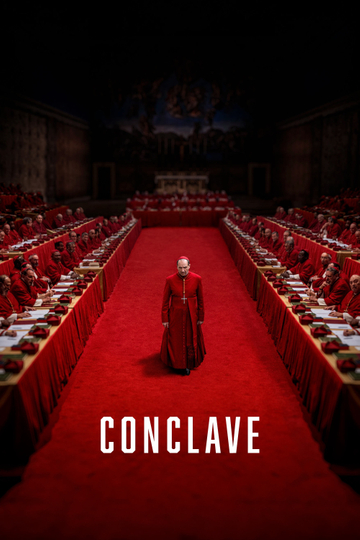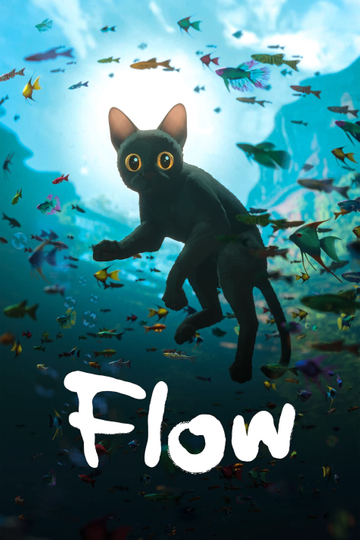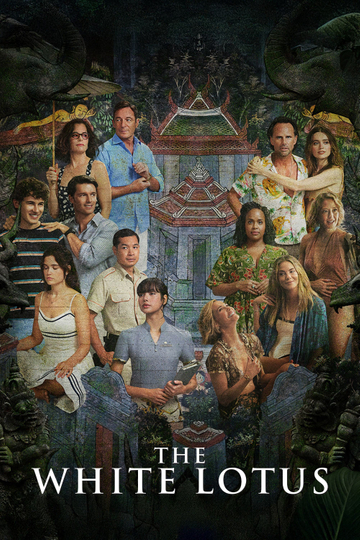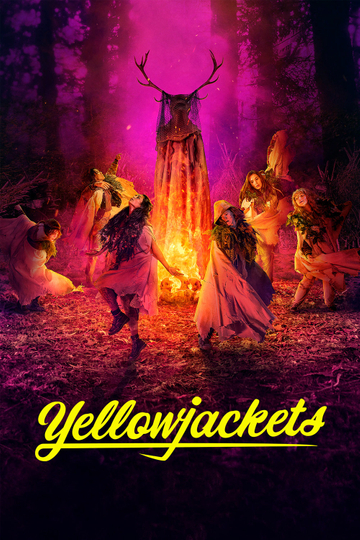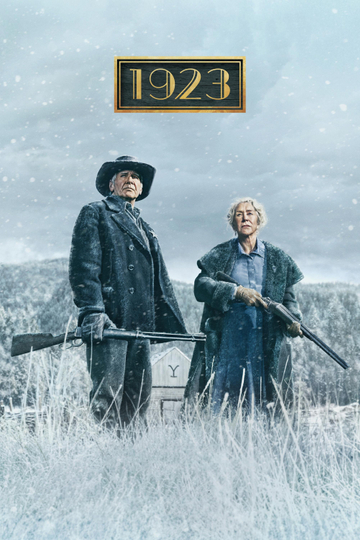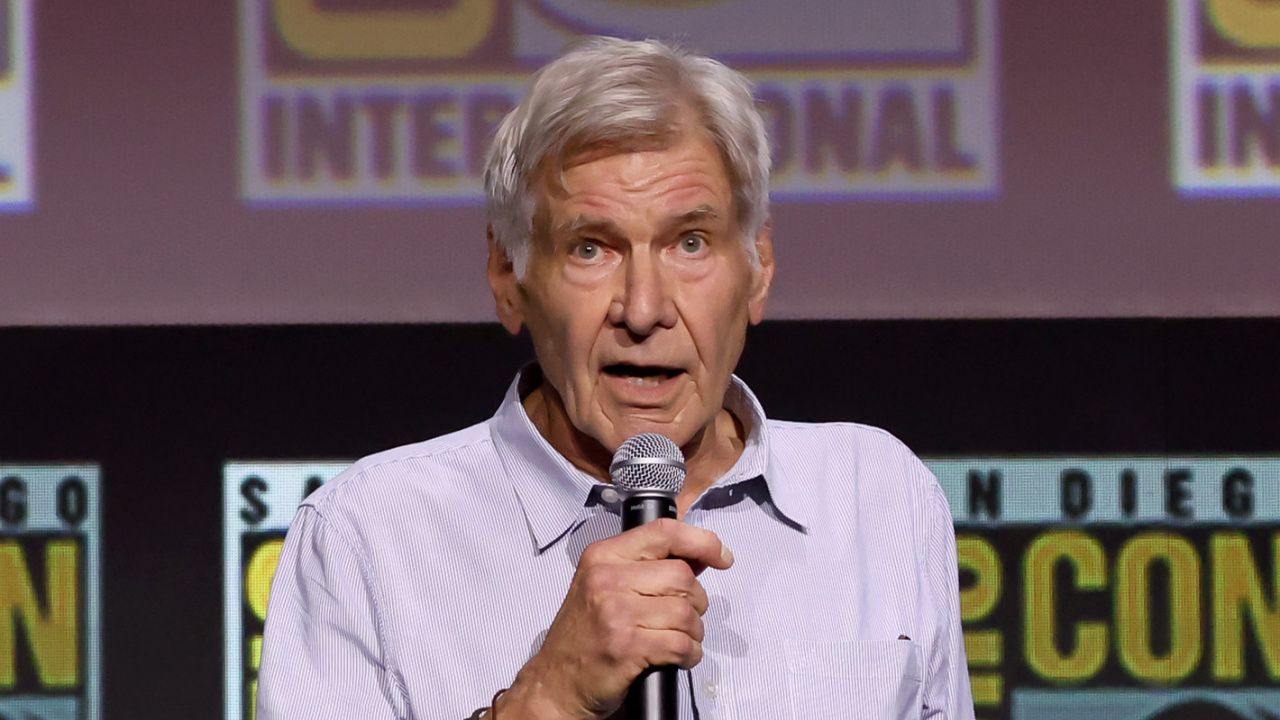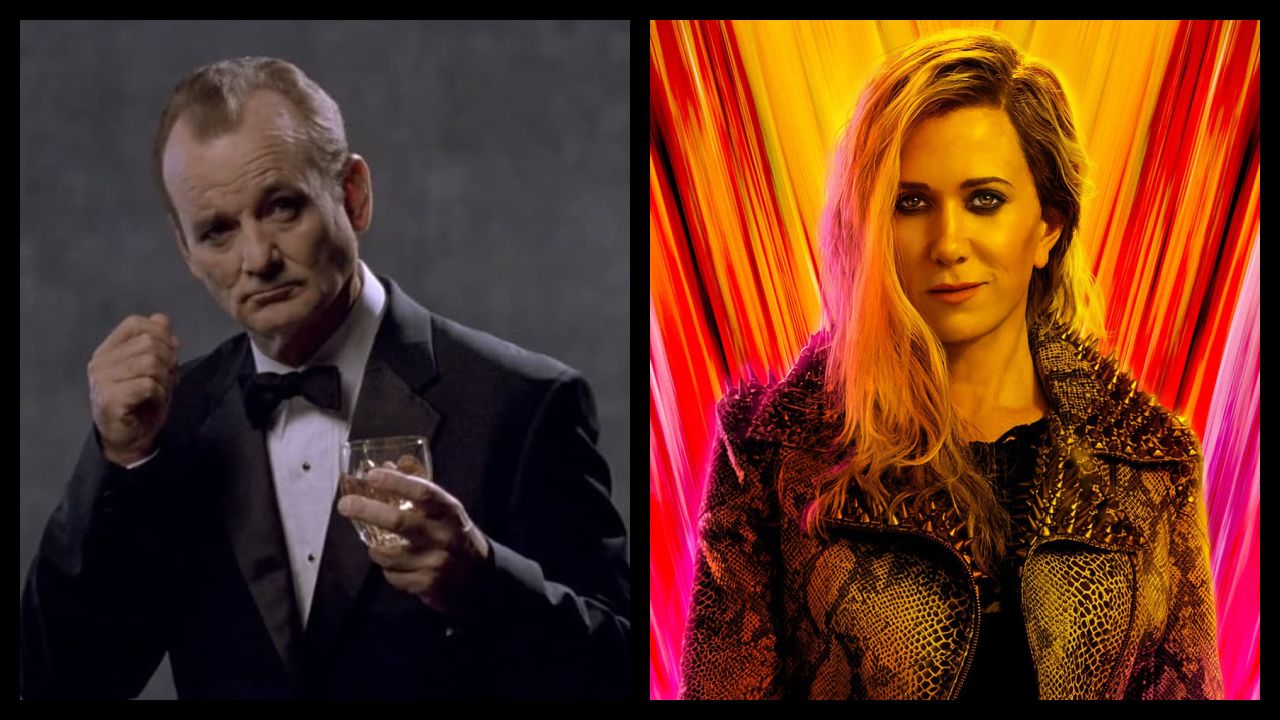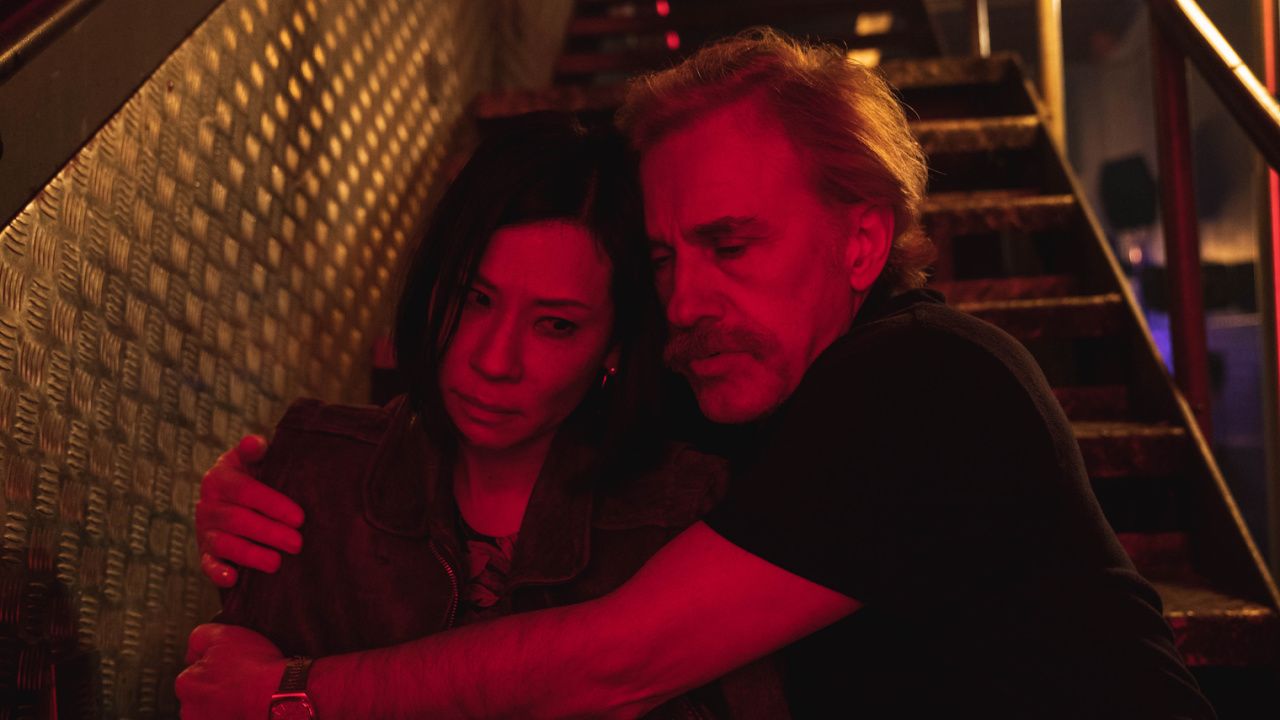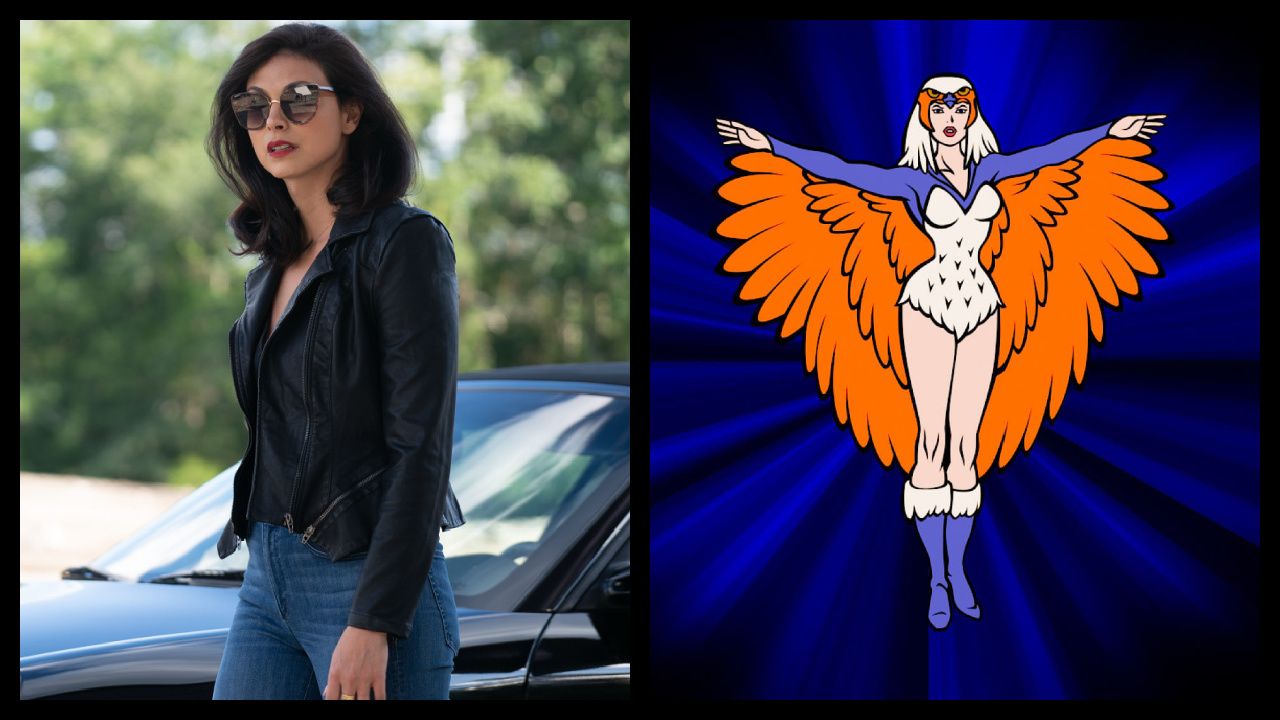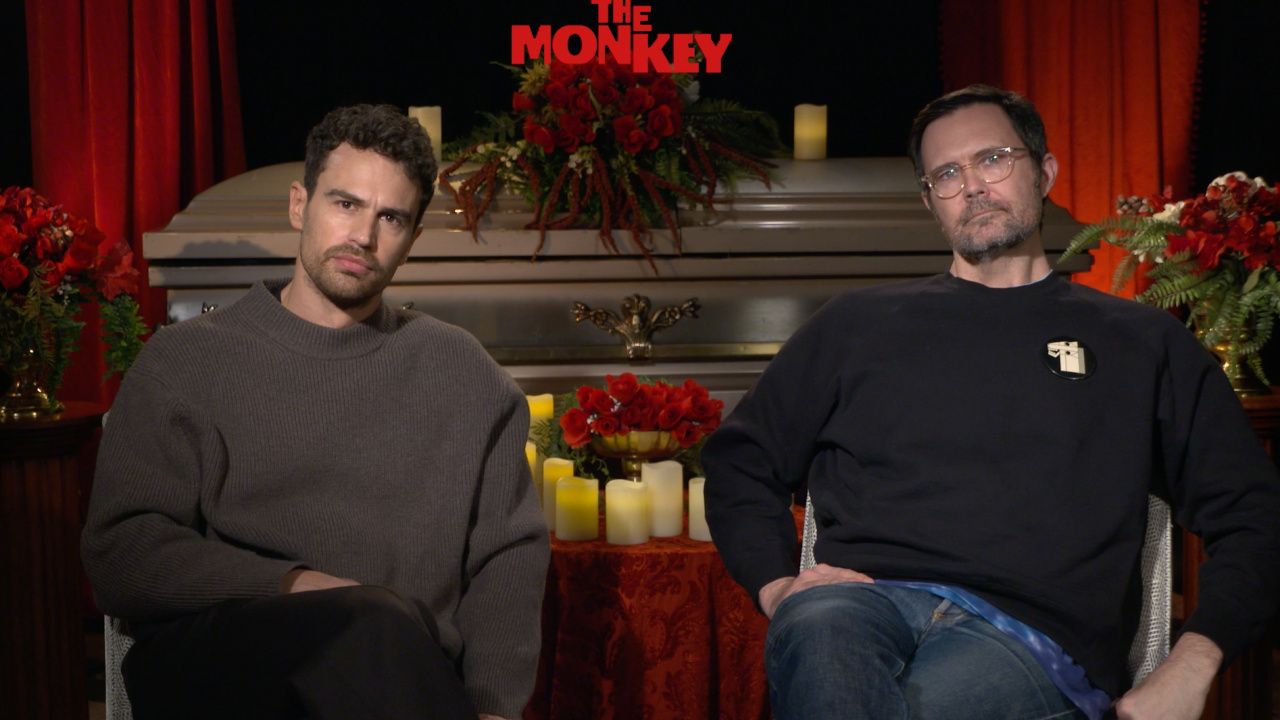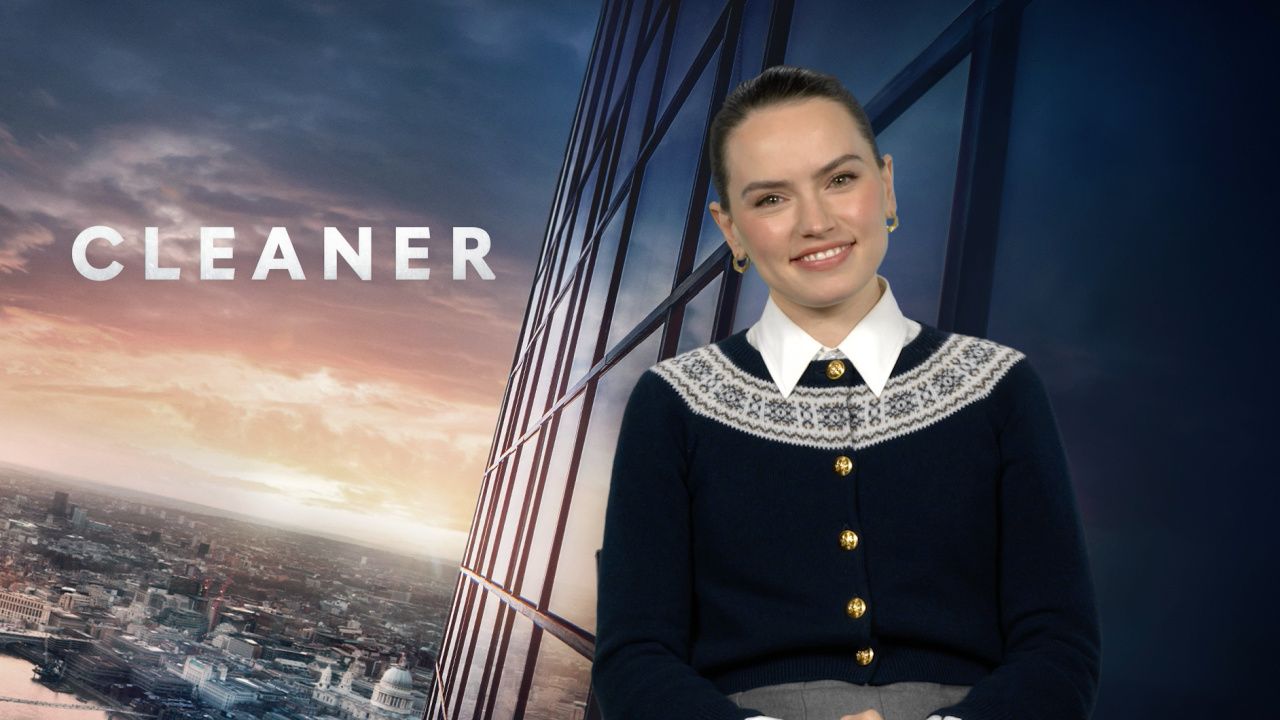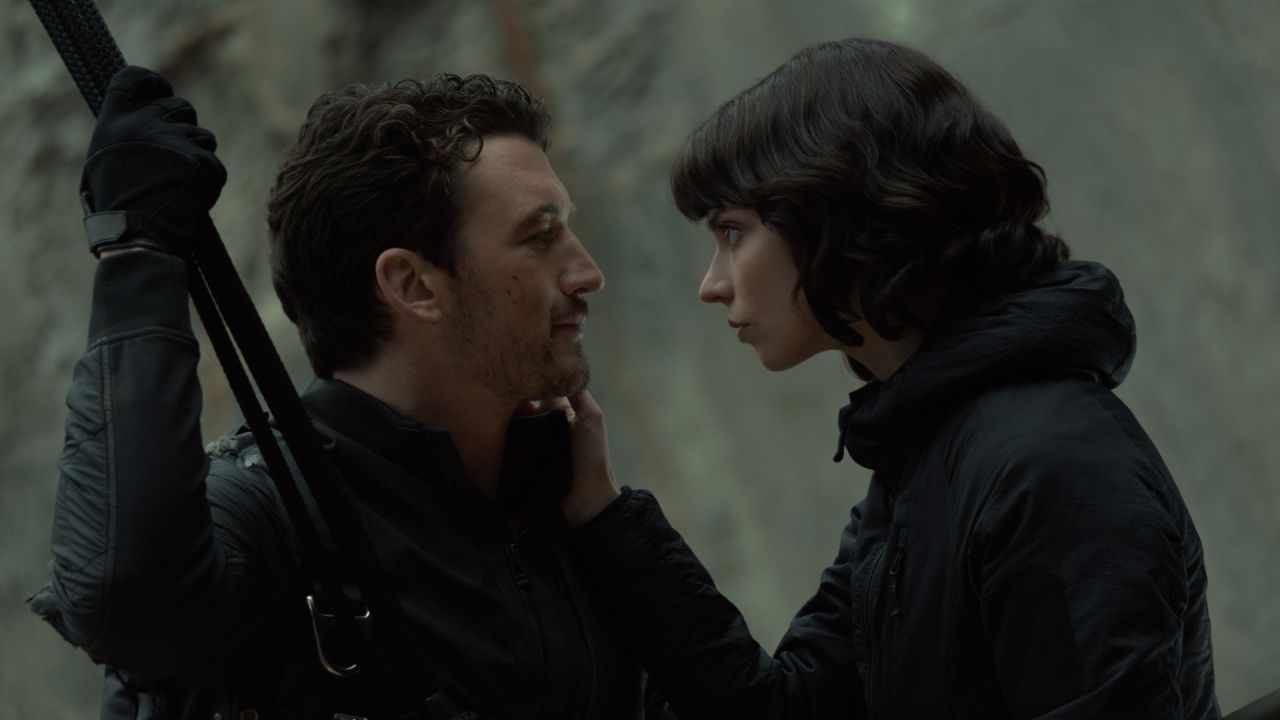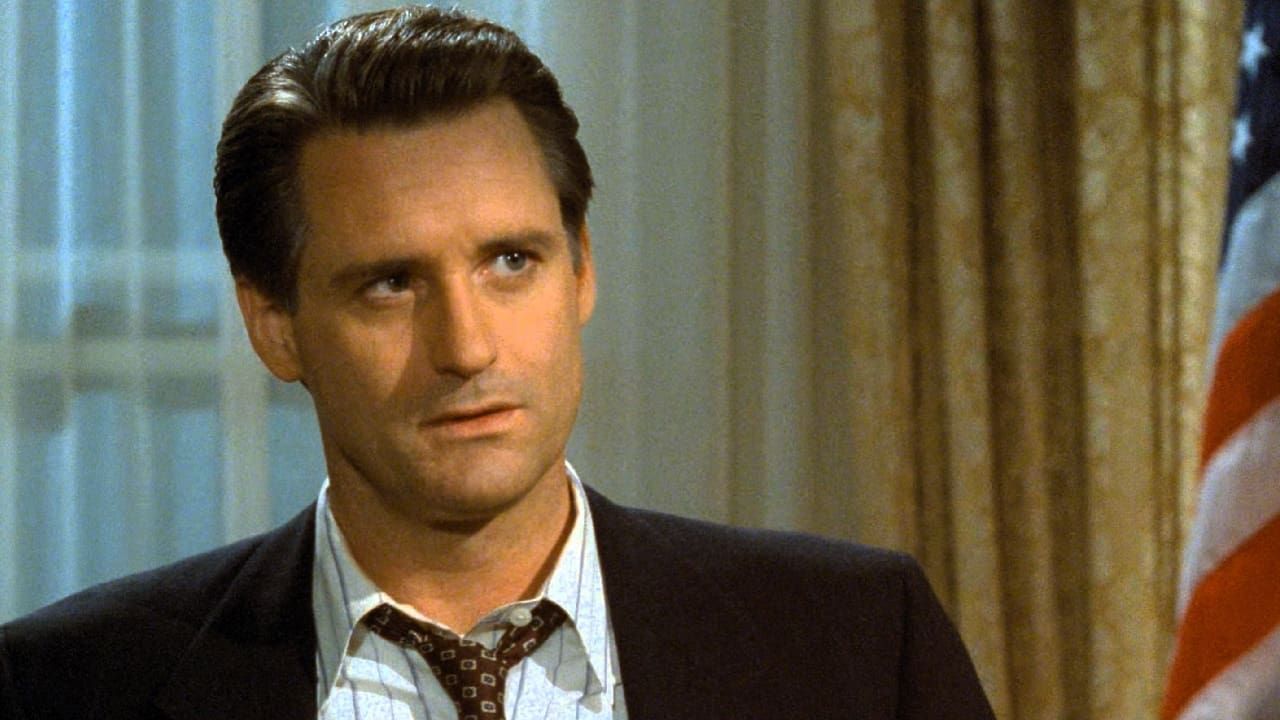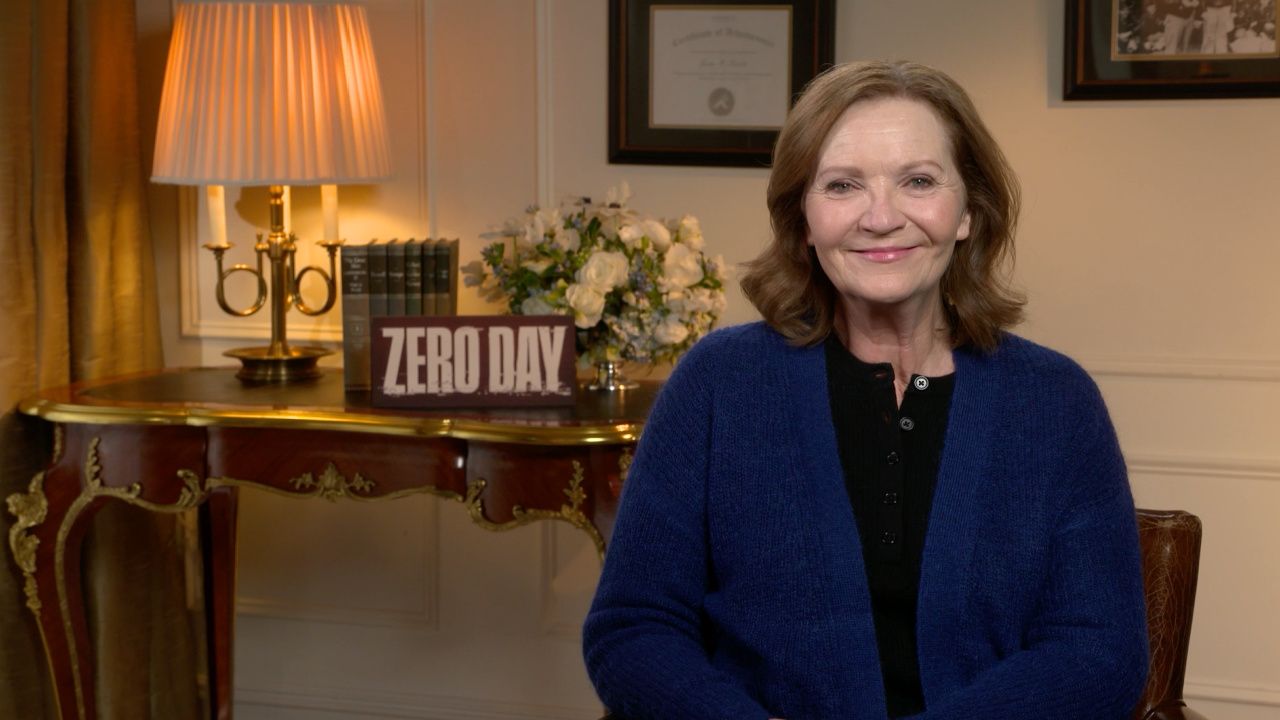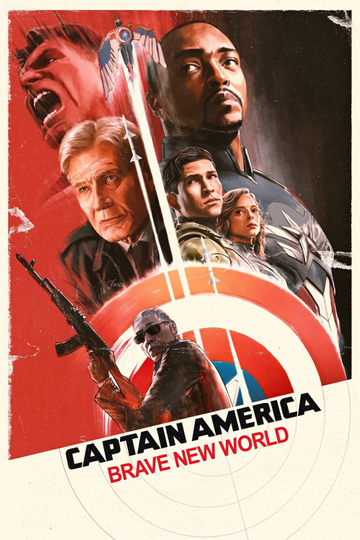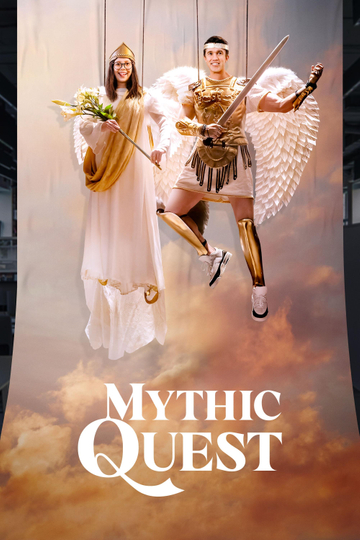Oscars 2016: Can a Blockbuster Really Win It All This Year?
You'll notice that not a lot of critics, much less awards-nomination lists like those of the Golden Globes or the Screen Actors Guild awards, included "Star Wars: The Force Awakens" among the year's best pictures. That's not necessarily critical snobbery; it's just that nobody had seen the movie until Monday, after most list-making and awards-nominating deadlines had passed.
But then the space epic screened, and critics went nuts, giving the film a 97 percent fresh rating at Rotten Tomatoes. And even the august American Film Institute, which released its annual top 10 list on Wednesday, included the new "Star Wars" among such already-anointed Oscar frontrunners as "Spotlight" and "Carol."
Could this be the year, then, that a big, populist, action-heavy blockbuster takes home top Oscars? Could this be the rare year that the Academy's taste and the public's are in sync?
After all, the Academy has never had much love for sci-fi flicks or other genre movies. It usually doesn't deem genre fare weighty enough to win awards. The original 1977 "Star Wars" did get nominated for 10 Oscars, including Best Picture; as a movie that had fundamentally changed the industry, it was impossible for even the Academy to ignore. But the top honors that year went to Woody Allen's "Annie Hall," and no "Star Wars" installment since has made much of a dent in the Academy's consciousness. Six years ago, "Avatar" proved a similar technical breakthrough, but while James Cameron's sci-fi epic did get nominated for Best Picture and a slew of other prizes, the top honors ultimately went to the indie "The Hurt Locker" instead.
Still, over the past 20 years, the Academy has recognized a few genre films as Best Picture. Think 1995's "Braveheart" and 2000's "Gladiator," essentially summer action movies dressed in period garb. "Titanic" and "The Lord of the Rings: The Return of the King" were both mega-hit action spectacles, but they were also hugely ambitious epics with serious themes and grand-scale performances.
The rule changes of the last few years that have expanded the Academy's Best Picture nomination slots from five to as many as 10 have been the Oscars' most drastic effort to keep splitting the difference between the serious-minded epics the Academy traditionally favors and the fan-favorite blockbusters it tends to snub. Indeed, the expansion was in part a response to the Academy's failure to show much love to Christopher Nolan's brainy blockbuster "The Dark Knight."
Inflating the Best Picture category may not have had the intended effect; the Best Picture winners over the past six years have still been more art-house than multiplex. But if the Academy's tastes haven't changed much, the voters still know that, if they want more people to watch their awards telecast, it helps to nominate movies in which more fans have a rooting interest.
"The Force Awakens," with momentum only from the AFI list, may be too late to the party to be that fan favorite that drives Oscarcast ratings. Besides, it'll have to compete for awards-group attention with such Oscar-friendly last-minute releases as "The Hateful Eight," "The Revenant," and "Joy." But there are several other populist candidates this year, including such box office hits as "The Martian," "Inside Out," "Straight Outta Compton," and "Mad Max: Fury Road." Not to mention Steven Spielberg's "Bridge of Spies," a modest-hit spy thriller for grown-ups that's especially likely to see a supporting actor nomination for co-star Mark Rylance.
True, "Inside Out" and "Compton" are long-shots for Best Picture wins, the former because no cartoon has ever won and the latter because its unlikely to be singled out for individual acting prizes. (And yeah, there's also the prospect that older white voters aren't going to relate to a biopic about gangsta rappers.) Still, they both have a strong shot at Best Picture nominations. "Compton" has already been recognized by the SAGs (where it's nominated for Best Ensemble, the equivalent of Best Picture), the National Board of Review, and the AFI.
Despite their sci-fi narratives, "Martian" and "Mad Max" have even better chances at nominations. "Martian" is being seen as a tour-de-force for 78-year-old Ridley Scott, who seems overdue for an Oscar. (Not even "Gladiator" earned him one; the directing prize that year went to "Traffic" helmer Steven Soderbergh.) A Best Actor nomination for Matt Damon would also boost its odds. (Indeed, last week, the Golden Globes nominated it for Actor, Director, and Picture.)
As for "Mad Max," it won the top film honor from the NBR and earned the most nominations of any 2015 movie on Monday (13 of them) from the Broadcast Film Critics Association, the TV-based group of reviewers that tries to upstage the Golden Globes every year with its early-January Critics' Choice awards show. ("Martian" got nine, tying with indie darling "Carol.") Director George Miller, another septuagenarian who's never won an Oscar, earned a nomination at the Golden Globes, where "Mad Max" is also up for Best Picture.
Of course there's also the chance that one of the current Best Picture front-runners (say, "Spotlight") could become a sizable hit in wide release, or that such likely Oscar prospects as "Hateful Eight" and "Revenant" could become smash hits once they hit theaters. (Last year at this time, no one dreamed that the yet-unreleased "American Sniper" would earn $323 million by the time it contended for Best Picture at the Oscar ceremony.) Which is to say that a movie doesn't have to be a big special-effects spectacle to be popular, and that the mass audience and the awards tastemakers are likely to meet each other halfway more often than either side will admit.

